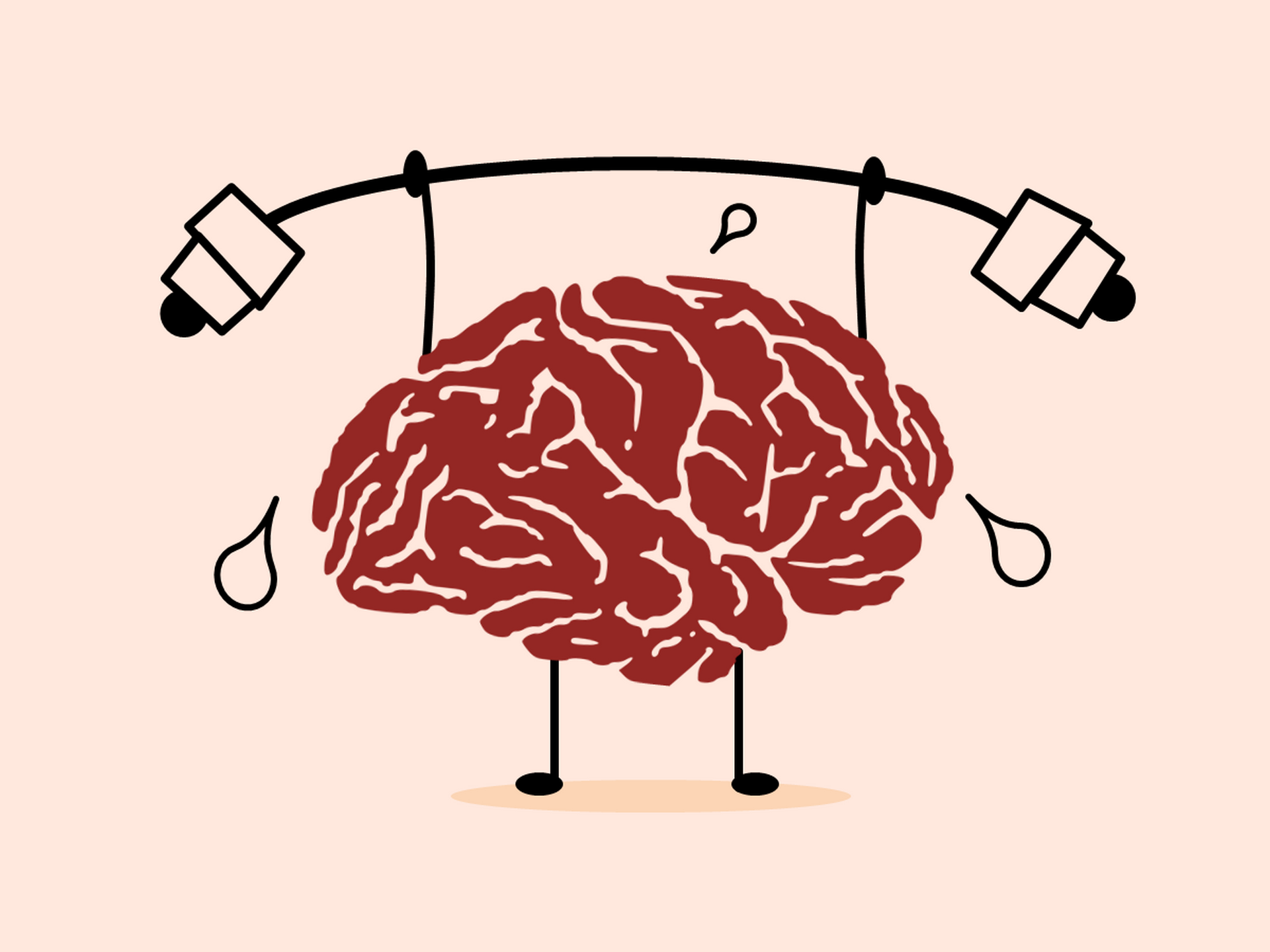The human mind is an incredible powerhouse that needs regular exercise, just like our bodies. Engaging in specific activities and exercises can stimulate our cognitive abilities. It can enhance focus and often encourage creativity.
In this article, we will explore eight exercises for mind designed to boost brain health and unlock new cognitive heights. These aren’t your typical physical exercises – they’re workouts specifically tailored for your mind. So, get ready to flex your mental muscles, and let’s dive right in!
Contents
1. Meditation
Meditation, often marked by its tranquility and deep concentration, is a journey into the self. It’s a mental exercise that involves relaxation, focus, and awareness. The primary aim is to calm the mind and eliminate the constant stream of thoughts that may crowd our mental space. The practice of meditation involves mindfulness and transcendental meditation.
Practicing mindfulness can be transformative as it allows individuals to witness their wandering thoughts as they pass through the mind. The intention isn’t to get involved with the thoughts or to judge them but simply to be aware of each mental note as it arises. This form of meditation can be beneficial in managing stress and anxiety and improving attention span.
Transcendental meditation is a form of silent mantra meditation. It involves the use of a mantra (a series of Sanskrit words) which the practitioner silently repeats to help focus their mind. It is known to promote a state of relaxed awareness.
Meditation isn’t a one-size-fits-all solution. It’s about exploring the different types and finding the right fit for your needs and lifestyle. By incorporating this brain exercise into your daily routine, you can improve your mental clarity.
2. Mindful Walking
We’re all familiar with the benefits of physical exercise, but what about mindful movement? Going for a walk can do wonders for our mental health when we add mindfulness to the mix. Instead of letting your thoughts wander, focus on your surroundings, your breath, and the movement of your body. Notice how each step feels and try to be fully present in the moment.
Brain teasers are puzzles, riddles, or challenges that require mental effort to solve. They come in various forms:
- crossword puzzles
- Sudoku
- online brain training games
- memory games
- jigsaw puzzles
- vocabulary exercises
These activities are all excellent stimulants for the mind. They can improve memory, problem-solving skills, and cognitive function. They also serve as a fun way to pass the time while giving your mind a workout.
4. Reading
Reading engages the mind in a way many other activities do not. It provides a mental workout as you interpret the words on the page, visualize the scenes, and empathize with the characters. As a mental exercise, reading can improve focus, memory, and cognitive abilities. It stirs the imagination and expands your view of different cultures, ideologies, and perspectives.
Moreover, reading regularly can also contribute to reducing stress and enhancing sleep quality. Whether you choose fiction or non-fiction, reading remains one of the most powerful mental health exercises.
5. Mind Mapping
Mind mapping is a creative and logical means of note-taking. At its core, mind mapping isn’t just about scribbling notes on a piece of paper. It’s about drawing links and understanding the connections between separate ideas.
To create a mind map, you start by writing down a central topic. From there, you branch out into major sub-topics and then into smaller related ideas or points. Each of these offshoots can also have their smaller subtopics, creating a web of related ideas. It’s a visual and interactive way of bringing your thoughts to life.
Mind mapping can be used for virtually any task. You can use it for studying, planning a project, or sparking creativity in a brainstorming session. Its effectiveness lies in its simplicity and the natural way it mimics the brain’s associative thought processes.
6. Journaling
Journaling is an exceptional tool that plays a dual role: it exercises the mind and serves as an emotional release. It involves the simple act of writing down your thoughts, feelings, ideas, and experiences. This practice can help articulate internal conflicts and capture moments of personal growth.
From a mental exercise perspective, it encourages reflective thinking and improves memory recall. It encourages you to put your thoughts into words and make sense of them, thereby enhancing cognitive processing. It also fosters problem-solving skills as you gain clarity on issues and find new perspectives to approach them.
On an emotional level, journaling promotes mindfulness as it helps you stay focused on the present moment. It can reduce stress and decrease symptoms of anxiety, depression, and insomnia. By providing an outlet for expressing emotions, it can also improve overall mood and self-awareness.
7. Learning Something New
Learning something new is a fantastic way to engage and challenge your mind. It could be anything from picking up a new language, learning an instrument, or mastering a new skill like painting or coding. You can even learn more complex ideas, such as integrative neurology or cognitive neuroscience, relative to your mental state.
The process of learning stimulates the brain’s neural pathways, promoting growth and development. Moreover, trying something new can also increase confidence and broaden your perspective on life.
8. Yoga
Yoga, an ancient practice with origins tracing back to India, is much more than merely physical postures. It’s a holistic mind-body workout that combines strengthening and stretching poses with deep breathing, meditation, and relaxation. Yoga has the potential to enhance both physical flexibility and mental clarity.
In terms of mental exercises, Yoga provides a unique multi-faceted approach. It establishes a strong connection between the mind and body, enhancing your awareness and mindfulness. By focusing on your breath and movement, you actively engage your mind. You can foster mental agility and concentration.
Regardless of the style, consistent practice of Yoga can lead to improvements in mood and reduction in stress levels. It can also lead to an uptick in positive feelings of self-acceptance and self-reliance.
Try These Exercises for Mind Today
Strengthening your cognitive abilities is a lifelong journey. And these exercises for mind are just a few of the tools that can help you navigate that journey. Whether you choose to meditate or engage in brain teasers, the key lies in consistency.
Remember, just as physical exercises take time to show results, mind exercises also need regular practice to yield benefits. So, start with small steps, gradually make these practices a part of your daily routine, and watch as you unlock your mind’s potential.
Was this article helpful? If so, check out the rest of our site for more.



